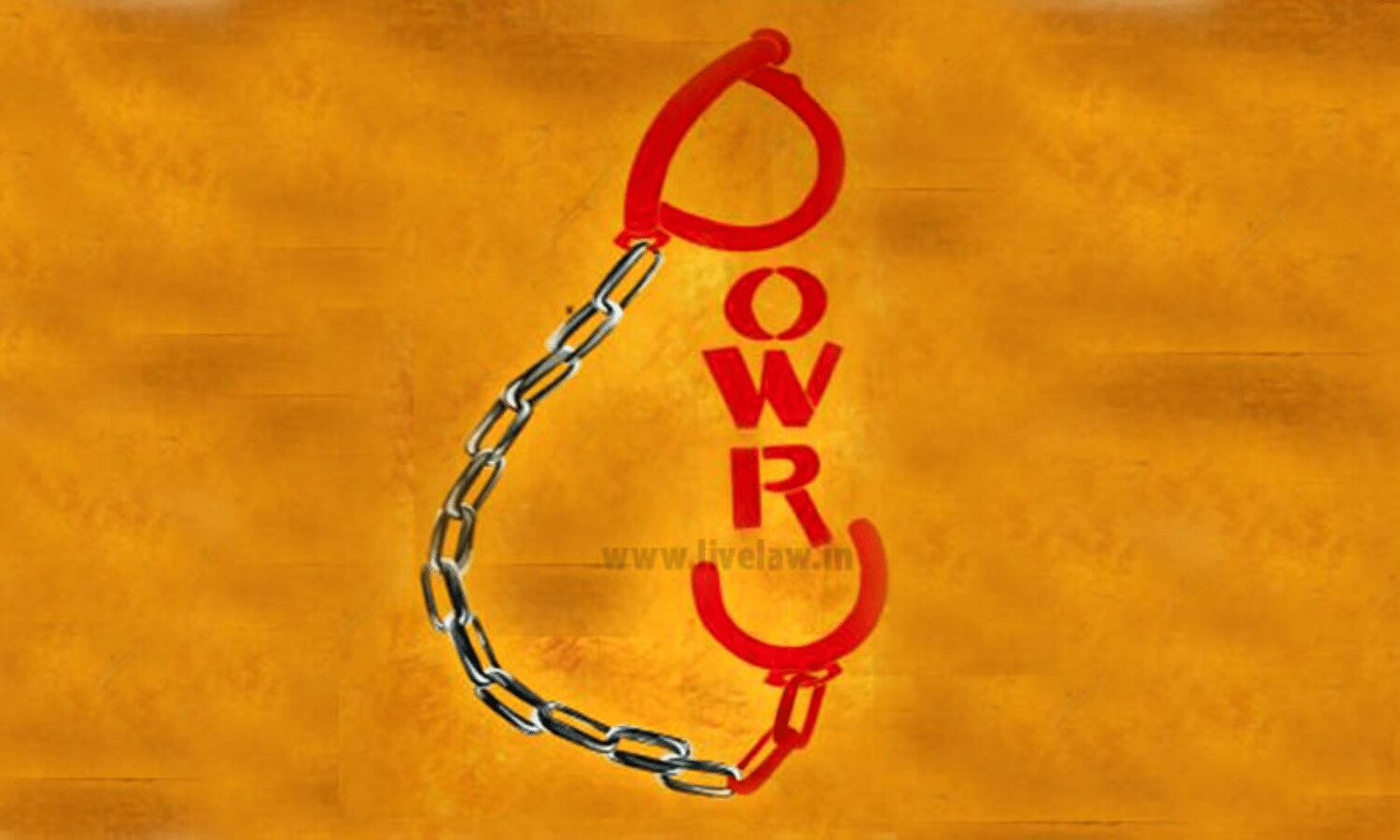
The Supreme Court of India recently amended the rules for the conviction of Husbands for dowry death in the case of Charanjit Singh v. State of Uttarakhand. The bench comprising of Justice AS Oka and Justice Rajesh Bindal held that the mere unnatural death of a wife in the matrimonial home within seven years of marriage is not sufficient to convict the husband for dowry death. The decision came in light of several cases where husbands were being wrongfully accused and convicted of dowry death.
The court held that there must be evidence to prove that the wife was subjected to cruelty or harassment by her husband or his relatives for dowry. The burden of proof lies on the prosecution, and the accused is presumed innocent until proven guilty.
HISTORY OF DOWRY DEATHS IN INDIA
Dowry deaths have been a significant problem in India for many years. According to the National Crime Records Bureau, there were 7,024 dowry deaths in 2016. These deaths occur when a woman is harassed or tortured for not bringing enough dowry or for failing to meet the demands of her husband and his family. In extreme cases, the woman is murdered. Despite dowry death being punishable under section 304B and 498A of the IPC, and a rise of awareness against it, there has not been a significant change in the number of women facing unnatural deaths in their marital homes. The Dowry Prohibition Act was enacted in 1961 to prevent the giving and taking of dowry, but the practice continues to this day. Many women continue to suffer from harassment and abuse at the hands of their husbands and in-laws.
BALANCE OF RIGHTS
The recent decision by the Supreme Court is a step towards ensuring that justice is served and innocent people are not wrongly convicted. It is essential to protect the rights of both the accused and the victim and ensure that justice is served. Before this judgment, the unnatural death of a women in her marital home within 7 years of marriage ensured the conviction of the husband and his family for dowry death. However, this was certainly arbitrary, as every individual as per the principles of natural justice, deserves to be heard.The court’s decision thus emphasizes the importance of collecting evidence and conducting a fair trial. It is not enough to rely on assumptions or allegations; there must be concrete evidence to prove guilt. The decision has been welcomed by many, including women’s rights groups, who have been fighting for justice for victims of dowry harassment and violence. While some have criticized the decision, stating that it may make prosecution more difficult in cases of dowry death, a balance of rights needs to be struck between the rights of the accused and the rights of the victim.
This decision by the Supreme Court to amend the rules for convicting someone for dowry death is a significant step towards ensuring justice and fairness in the legal system. It is essential to protect the rights of both the accused and the victim and ensure that justice is served. The decision emphasizes the importance of evidence and fair trial and is a step towards ending the practice of dowry harassment and violence.












